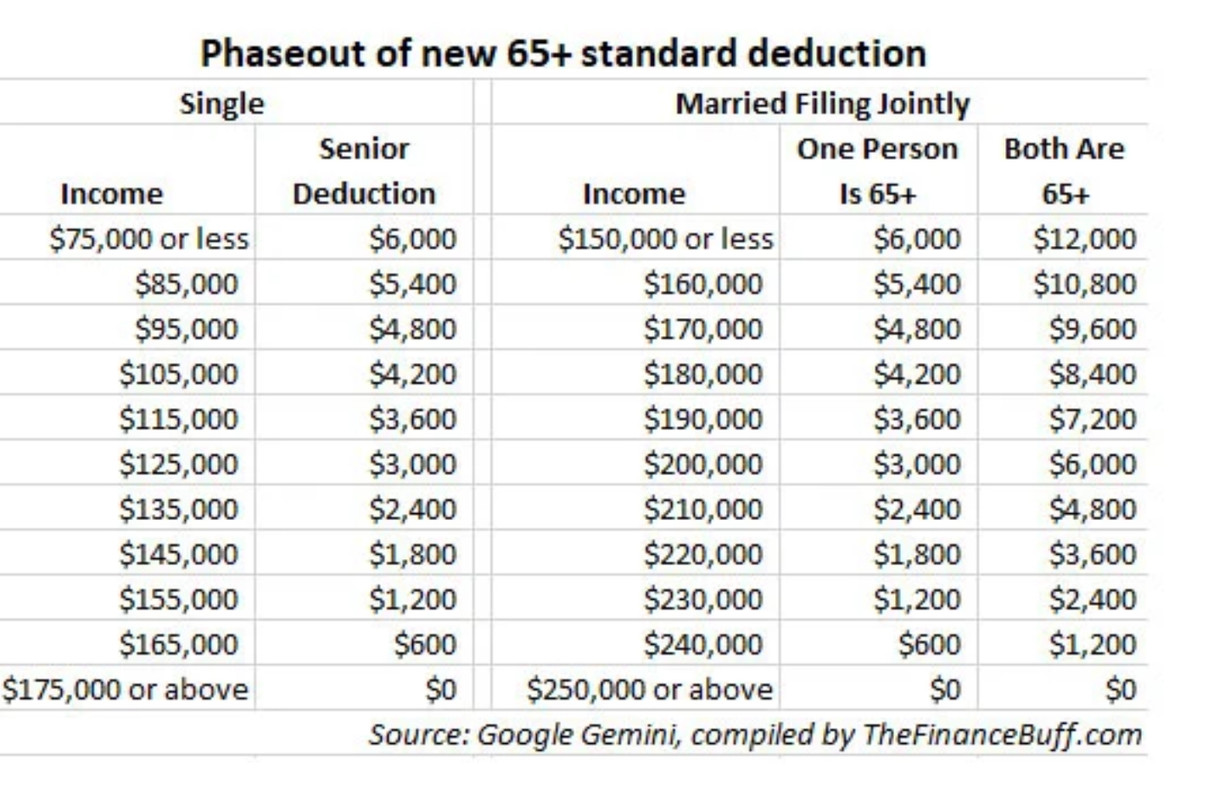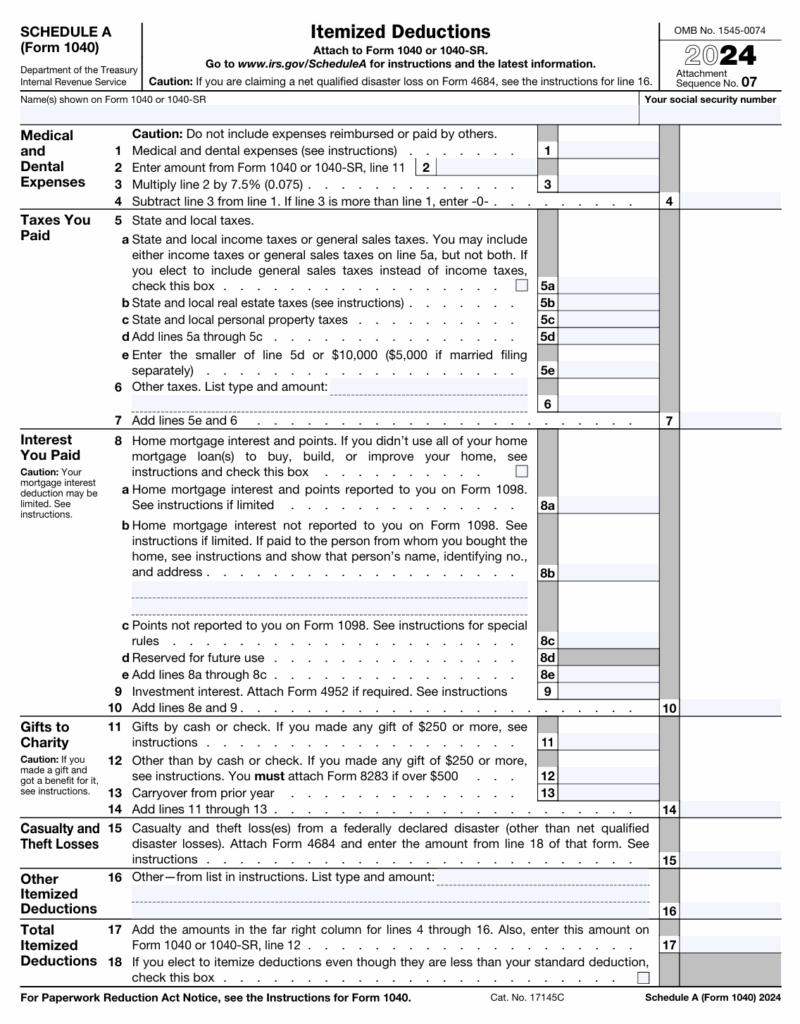The Foreign Earned Income Exclusion Explained: A Guide to Enhancing Your Standard Reduction
The Foreign Earned Revenue Exemption (FEIE) is an important tax obligation stipulation for U.S. people and resident aliens living abroad. It enables eligible expatriates to omit a substantial part of their foreign-earned earnings from federal tax obligations. Recognizing the subtleties of FEIE can bring about considerable tax savings. Nevertheless, numerous people ignore essential details that might influence their eligibility and benefits. Exploring these elements might expose chances for enhanced tax end results.
Understanding the Foreign Earned Earnings Exclusion
Although numerous migrants look for chances abroad, comprehending the Foreign Earned Income Exemption (FEIE) is important for managing their tax obligation obligations. This provision permits U.S. people and resident aliens living overseas to exclude a specific quantity of their gained revenue from federal taxation. The FEIE was established to relieve the tax obligation concern on individuals that stay outside the USA, recognizing the distinct monetary difficulties they might encounter.

Qualification Needs for FEIE

Just how to Assert the FEIE
To effectively declare the Foreign Earned Earnings Exclusion (FEIE), taxpayers should initially confirm their qualification based on specific requirements - FEIE Standard Deduction. The procedure includes a number of steps, including filing the suitable types and offering required paperwork. Recognizing these treatments and requirements is necessary for making the most of tax advantages while living abroad
Eligibility Demands
Qualification for the Foreign Earned Earnings Exclusion (FEIE) depends upon conference particular criteria set by the internal revenue service. To certify, individuals must be united state people or resident aliens who gain income while functioning abroad. They require to establish an international tax obligation home, which suggests their main workplace is outside the United States. Furthermore, candidates must satisfy either the Authentic Home Test or the Physical Existence Examination. The Authentic Home Examination calls for that a taxpayer resides in a foreign nation for a whole tax year, while the Physical Presence Test requires costs at the very least 330 complete days in an international nation throughout a 12-month duration. Fulfilling these requirements is important for declaring the FEIE.
Declaring Refine Actions
Just how can one efficiently navigate the process of declaring the Foreign Earned Revenue Exclusion (FEIE)? First, people must identify their qualification based on the physical presence examination or the authentic home examination. When validated, they must finish IRS Form 2555, which details international earnings and residency. This type should be connected to their yearly tax obligation return, normally Kind 1040. It is important to precisely report all international gained revenue and guarantee compliance with the internal revenue service standards. Additionally, taxpayers ought to preserve appropriate documents, such as foreign tax obligation returns and proof of residency. By complying with these steps, individuals can effectively claim the FEIE and potentially decrease their gross income substantially, enhancing their total financial Click Here setting.
Computing Your International Earned Revenue Exclusion
While several expatriates seek to optimize their financial advantages abroad, comprehending the estimation of the Foreign Earned Income Exemption is necessary for exact tax coverage. The Foreign Earned Income Exclusion permits qualifying people to leave out a certain amount of their international incomes from U.S. tax, which is readjusted yearly for rising cost of living. To calculate this exclusion, expatriates have to determine their total foreign made income, which normally includes incomes, wages, and expert fees earned while staying in an international nation.
Next off, they must complete IRS Form 2555, giving details concerning their foreign residency and work condition. FEIE Standard Deduction. It is very important to satisfy either the authentic house test or the physical existence examination to receive the exclusion. When these variables are established, the maximum allowed exclusion amount is used, decreasing the person's taxed income considerably. Exact calculations can cause significant tax financial savings for expatriates living and working abroad
The Influence of FEIE on Other Tax Advantages
The Foreign Earned Revenue Exemption (FEIE) can affect an individual's eligibility for sure tax obligation benefits, consisting of the typical reduction. By omitting international gained earnings, taxpayers may locate their modified gross earnings influenced, which consequently can influence their qualification for different tax credit histories. Comprehending these communications is crucial for enhancing tax obligation outcomes while living abroad.
Interaction With Requirement Reduction
When individuals get the Foreign Earned Revenue Exemption (FEIE), their qualification for the typical reduction may be affected, possibly changing their general tax discover this info here obligation. The FEIE permits taxpayers to exclude a certain amount of made earnings from U.S - FEIE Standard Deduction. taxes, which can result in a lowered taxable revenue. As a result, if the excluded earnings exceeds the conventional reduction, it can lessen the advantage of asserting that deduction. Furthermore, taxpayers that use the FEIE might find that their capability to detail reductions is additionally influenced, as certain expenses may be affected by the exclusion. Understanding this interaction is vital for migrants to maximize their tax advantages while making sure conformity with united state tax obligation legislations
Qualification for Tax Credit Scores
Steering through the intricacies of tax obligation credit histories can be challenging for migrants, especially given that the Foreign Earned Earnings Exclusion (FEIE) can substantially influence eligibility for these benefits. The FEIE permits qualified individuals to exclude a substantial section of their foreign incomes from united state tax, however this exclusion can likewise affect access to numerous tax credit scores. As an example, taxpayers who make use of the FEIE might find themselves ineligible for credits like the Earned Earnings Tax Obligation Credit (EITC), as these credit reports generally need taxed revenue. In addition, the exemption might restrict the capacity to claim certain deductions or debts related to dependents. Recognizing the interaction in between the FEIE and available tax credit histories is vital for expatriates aiming to maximize their tax obligation situation.

Typical Mistakes to Avoid When Asserting FEIE
Frequently, expatriates encounter several challenges while declaring the Foreign Earned Income Exemption (FEIE), which can lead to pricey mistakes or missed chances. One regular mistake is failing to fulfill the physical existence or authentic house examination, which is necessary for qualification. In addition, expatriates usually overlook the requirement to file Form 2555 correctly, resulting in inaccurate or incomplete submissions.
An additional common mistake involves inaccurately calculating foreign earned revenue, as numerous do not make up all relevant revenue sources. Some migrants erroneously presume they can exclude all their income, uninformed of the constraints on the exemption quantity. Overlooking to maintain proper documentation, such as travel days and residency standing, can threaten a case. Misconstruing the effects of the FEIE on various other tax credit histories may lead to unintentional tax obligation responsibilities. Recognition of these risks can assist in a smoother asserting procedure and make the most of prospective benefits.
Resources for Expats Navigating United State Taxes
Maneuvering united state tax obligation responsibilities can be challenging for migrants, particularly after coming across mistakes in claiming the Foreign Earned Income Exclusion (FEIE) To aid browse these complexities, a variety of sources are available. The IRS web site supplies extensive details on tax obligation regulations, kinds, and Frequently asked questions particularly tailored for expatriates. Additionally, companies like the American People Abroad (ACA) and the Expat Tax obligation Professionals offer her explanation support and support to assure compliance with tax obligation laws.
On the internet forums and areas, such as the Expat Discussion forum, enable expatriates to share experiences and insights, cultivating a supportive setting for those dealing with similar difficulties. Moreover, tax prep work software, like copyright and H&R Block, typically consists of features developed for deportees, making the declaring process a lot more user-friendly. Involving with these sources can equip migrants to better recognize their tax responsibilities and take full advantage of advantages like the FEIE.
Frequently Asked Concerns
Can I Assert FEIE if I'M Independent Abroad?
Yes, independent people abroad can claim the Foreign Earned Income Exemption (FEIE) To certify, they should fulfill specific requirements concerning residency and revenue, guaranteeing they stick to internal revenue service standards for migrants.

Is the FEIE Applicable to Foreign Pensions?
The Foreign Earned Earnings Exemption (FEIE) is not suitable to foreign pensions. Pension plans are taken into consideration unearned earnings and do not receive the exclusion, which especially relates to gained earnings from employment or self-employment abroad.
What Happens if I Return to the United State Mid-Year?
If an individual go back to the united state mid-year, they might need to readjust their tax obligation circumstance. Their qualification for specific deductions and exclusions, including the Foreign Earned Earnings Exclusion, could be influenced by their residency standing.
Can FEIE Be Reported With Other Deductions?
Yes, the Foreign Earned Income Exemption (FEIE) can be asserted along with various other reductions. Care must be taken to assure correct conformity with tax policies, as certain limitations may apply based on individual situations.
How Does FEIE Affect State Tax Obligations?
The Foreign Earned Income Exemption can minimize a taxpayer's government earnings tax liability, yet it does not instantly affect state tax responsibilities, which vary by state and may still need coverage of foreign earnings.
Lots of expatriates seek chances abroad, recognizing the Foreign Earned Income Exclusion (FEIE) is important for handling their tax obligation commitments. By excluding foreign made earnings, taxpayers might locate their adjusted gross income impacted, which in turn can affect their credentials for numerous tax credit reports. Guiding via the complexities of tax credit scores can be testing for expatriates, especially because the Foreign Earned Earnings Exemption (FEIE) can substantially influence qualification for these benefits. Taxpayers who utilize the FEIE may discover themselves ineligible for credit scores like the Earned Income Tax Obligation Credit Report (EITC), as these credit scores normally need taxed revenue. Maneuvering United state tax obligation commitments can be challenging for expatriates, specifically after encountering challenges in claiming the Foreign Earned Income Exclusion (FEIE)